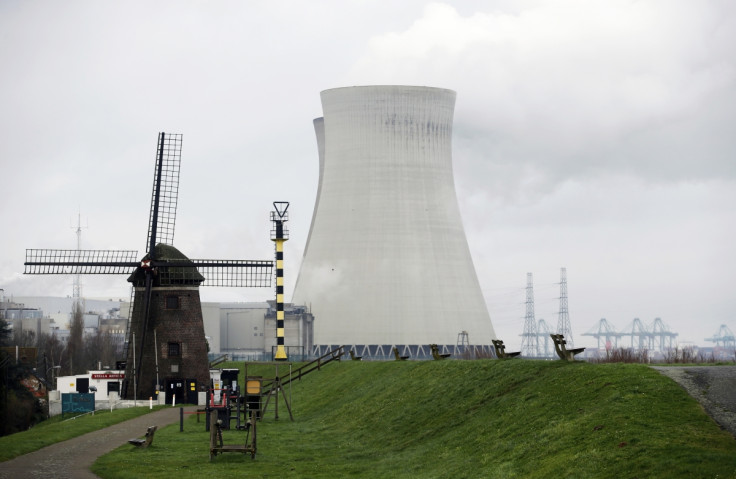Belgium distributes anti-radiation iodine tablets to entire population following nuclear meltdown fears

The government of Belgium has decided to distribute rations of iodine tablets to its entire population to protect them against radiation in the case of a nuclear threat. Health Minister Maggie De Block pointed out that while the requirement was for distribution of tablets to people living within 20km (12 mile) radius of a nuclear reactor, it will include people within a 100km radius, which will then result in the entire population of around 11 million getting the medication.
Belgium's neighbouring countries have criticised the condition of its ageing nuclear facilities, but De Block confirmed that the reason for the distribution of the tablets has more to do with precautionary measures following the 2011 Fukushima nuclear disaster in Japan.
"Every country has updated its plans for a nuclear emergency," she told Belgian TV. However, on 20 April, Germany asked that the 40-year-old Tihange 2 and Doel 3 reactors be turned off "until the resolution of outstanding security issues", pointing out that the plants have shown defects in pressure vessels, metal degradation, fires and safety warnings. They were temporarily closed, but were restarted in December 2015.
Rejecting Germany's request that they be shut down, Belgium's official nuclear safety agency AFCN stated that the two plants "respond to the strictest possible safety requirements".
Operator of the reactors, Electrabel's spokeswoman Geetha Kayaert told Bloomberg, "We have proven that the reactor vessels are safe and it's the result of a very long process of research that has been evaluated and confirmed by experts in Belgium and abroad..."
According to the proposal put forward by the health minister, stocks of iodine pills will be sent to pharmacies across the country and in the event of a nuclear meltdown, residents will be allowed to pick their rations, with children, pregnant women and breast-feeding mothers being prioritised.
The Telegraph reported that the move may also have been a result of concern following news that Islamic State may be planning to use a dirty bomb after the terror attacks in Brussels in March. Mohammed Bakkali, from Brussels was arrested in November 2015 after it was suspected that he was involved with the Paris attacks, is one of the prime figures in the suspected dirty bomb plot.
After raiding his home, officials found hidden-camera recordings of an executive at the Centre for the Study of Nuclear Energy in Mol, northern Belgium who used to work with radio-active isotopes.
© Copyright IBTimes 2025. All rights reserved.






















